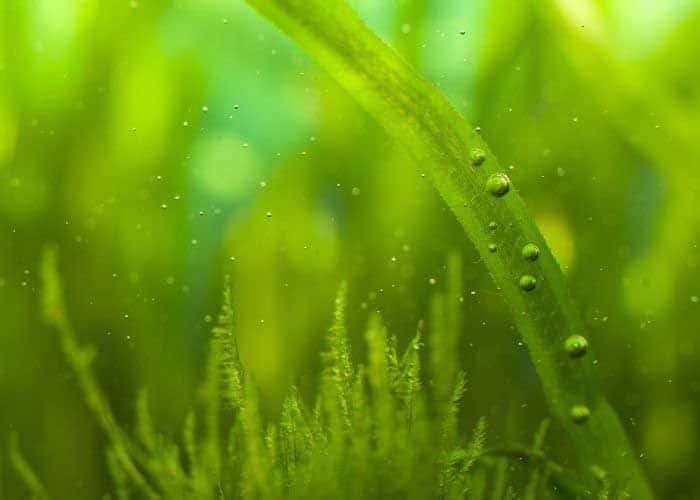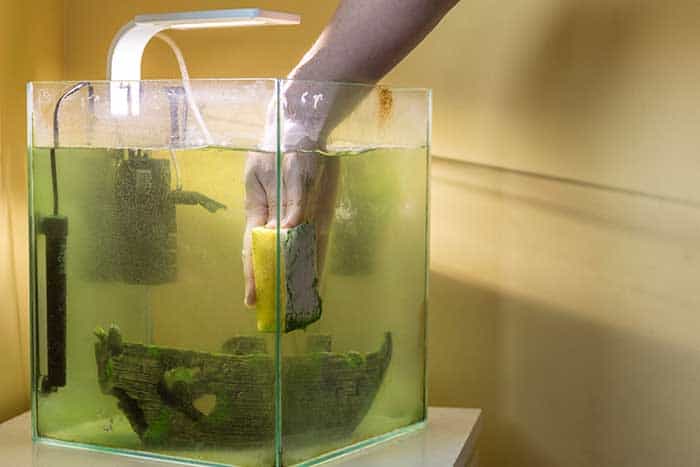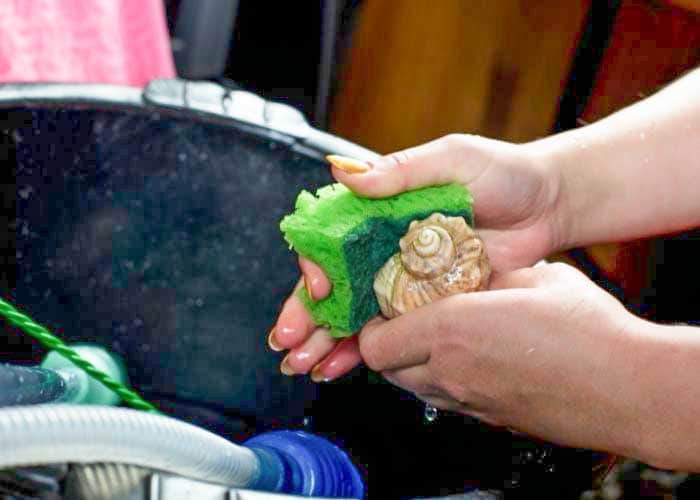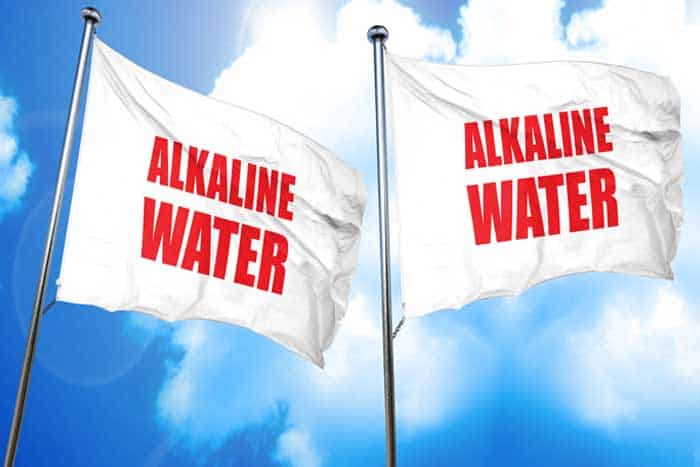Will Cloudy Water Hurt My Fish
Most fish keepers would love to know how to get fish tank water crystal clear, and the harder they try, the cloudier the water gets. I know many people that struggle with cloudy water and have lost count of the times that I’m asked, “Will cloudy water hurt my fish?”
The truth is that cloudy fish tank water is harmless to fish unless the water is extremely murky, and large particles can obstruct a fish’s gills. Cloudy fish tank water is often a symptom of an underlying problem that may be more harmful.
The main causes of cloudy fish tank water are:
- Floating debris.
- A bacterial bloom.
- An algae bloom.
Floating debris can be caused by any disturbance in the tank, such as your fish rubbing against the substrate or sand, or you may have just cleaned the gravel with a vacuum. Floating debris is pretty harmless and will settle by itself.
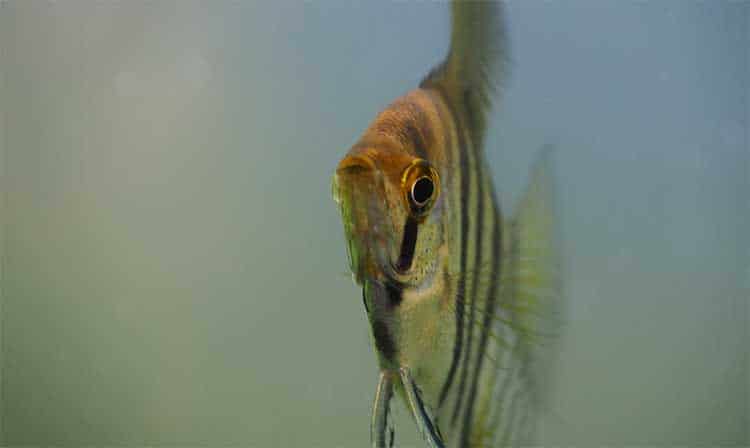
Bacterial blooms are a common sign that the ammonia levels in your tank are too high. The bacteria that feed on ammonia will rapidly multiply, causing a sudden bloom, and is completely harmless to your fish.
Bacterial blooms happen when your fish tank is cycling and will stop when the correct balance has been found between waste produced and the number of beneficial bacteria to deal with the waste.
Algae is another cause of cloudy fish tank water. Green algae are the most common type to become suspended in your aquarium water, and as its name suggests, it will make your fish tank water green and cloudy. Certain conditions, such as a rise in temperature and excess light, can cause algae to bloom, but the algae itself is harmless to fish.
Is Cloudy Water Bad For Fish?
Although cloudy water by itself is not bad for fish, some hidden factors can be quite harmful if they go undetected. A bacterial bloom indicates high levels of ammonia which can be very toxic to fish, and too much algae can reduce oxygen levels and cause your fish to suffocate.
If you regularly have cloudy water in an established aquarium, you should try and find the cause. Bacterial blooms can be caused by overfeeding, where food waste will fall to the bottom of the tank and begin to rot, causing ammonia levels to rise.
Cleaning your tank too often or the wrong way can remove or kill the much-needed, beneficial bacteria, which in turn will cause regular bacterial blooms as your aquarium begins to cycle. If you have a good filtration system in place and you only feed your fish what they need, water changes can be less frequent.
I have written a couple of articles that are specific to the issues above that you can find below, and will help to fix cloudy water:
If algae are causing your cloudy water, you will be pleased to know that algae are pretty harmless to fish unless you have a thick algae bloom. Too much algae will feed on the nutrients and oxygen your plants and fish require for good health.
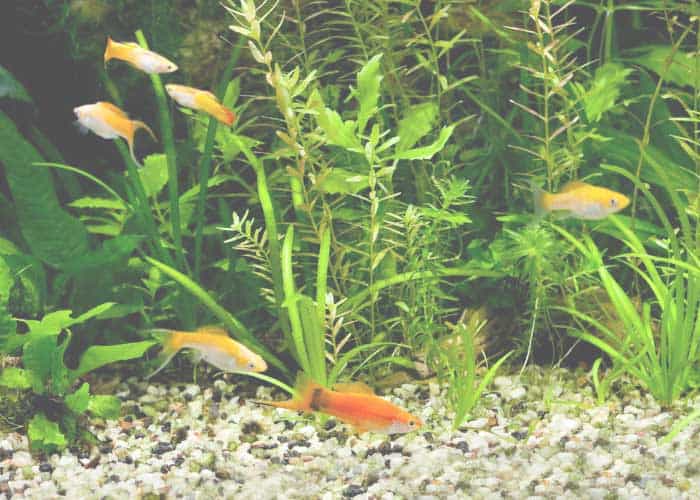
If you have a thick algae bloom in your tank, you should check for signs of distress in your fish. Are your fish swimming at the top of the tank gasping for air? Check the oxygen levels with a test kit.
You can read about how to prevent algae in my article: Why Is My Fish Tank Water Green?
Cloudy Water In Fish Tank And My Fish Are Dying
If your water is cloudy and your fish are dying, it may be related or a coincidence. If your water is usually cloudy and your fish are fine, you have likely introduced a disease or parasite into your tank. Alternatively, your water quality may be poor, causing cloudiness and illness.
Ammonia is one of the biggest killers of fish in aquariums, as it is very toxic, even at low levels. The presence of ammonia means that there are not enough beneficial bacteria to remove it, triggering a white milky bloom of fresh bacteria. While the water remains cloudy, ammonia levels will remain toxic and can kill your fish.
If the cause of your cloudy water is poor water quality, parasites and harmful bacteria can form, harming or even killing your fish. Parasites and harmful bacteria can be introduced to the fish tank when adding new fish or plants and using live foods, so the cloudiness may not be linked to your fish dying.
Whatever the cause of your fish dying, you should act quickly. You can reduce ammonia with water changes, and you can stop feeding your fish for a day or two, reducing food waste and fish poop and allowing the beneficial bacteria to populate the tank. Your fish tank water will become less cloudy as the bacterial bloom subsides.
If poor water quality is causing cloudy water and sickness, then frequent aquarium maintenance and water changes are required. You may also need to quarantine your fish in a separate tank.
If you pay attention to your fish, illness is quite easy to spot. You should look for lethargy, a loss of appetite, or a change in coloration. If you spot any of these signs or other unusual behaviors, act quickly to save your fish.
Bacterial Bloom Not Going Away
If a bacterial bloom is not going away, you are probably overfeeding your fish or have too many fish in the tank creating excess waste. You may find that your filter is not removing waste from the tank because it is blocked.
A bacterial bloom not going away will eventually hurt your fish because of the presence of ammonia. By following a few simple steps, you can remove the problem.
- Don’t overstock your tank – Too many fish in a tank that is too small will create too much waste.
- Don’t overfeed your fish – Overfeeding will cause the excess food to sink to the bottom and rot. Overfeeding will also cause your fish to poop too much.
- Regular water changes – This will help lower ammonia levels, but make sure you don’t overclean the tank, as it will remove the beneficial bacteria that are trying to populate the tank.
- Keep your filter clean – A filter that is functioning effectively will remove much of the waste that is causing the bacterial bloom. You can also add some activated carbon to the filter, which will bind to the smaller waste particles so they can be filtered out.
By following these simple steps, your fish tank water will be clearer and safer for your fish.
You can also check out the video below that I found, which discusses bacterial blooms in detail.
How Long Does It Take For Cloudy Aquarium Water To Clear?
Cloudy aquarium water will usually clear in a few hours if it is caused by a disturbance such as cleaning or gravel vacuuming. Bacterial blooms usually subside within 2-3 days or 12-14 days in a brand-new tank that is cycling.
Cloudy water is common in fish tanks and rarely becomes a problem for the health of your fish, and is usually quite short-lived. Prolonged cloudiness usually signals a bigger problem that needs some investigation.
How To Clear A Cloudy Fish Tank From Sand
When you use sand in the base of your tank, it can harbor fine particles of dirt that can be disturbed easily by strong water currents, creating a cloudy tank.
If you want to clear a cloudy fish tank from sand, the first thing you should do is wash it thoroughly before adding it to the tank. A thorough wash will remove the very-fine particles that can become waterborne more easily.
The second thing to do is reduce the water flow rate on your filter or diffuse the current before it stirs up the sand.
If you have fish that like to rub themselves in the sand, you will get some disturbance, but sand will usually settle quite quickly, especially when the finest particles are removed.
Wrap Up
Although short, this article has covered many concerns about cloudy water, and I have explained many of the causes, including substrates and algae. So the question, “Will cloudy water hurt my fish?” should be much clearer.
Typically, cloudy water by itself is not harmful, but in some situations, it can cause issues such as choking. The main concern with cloudy water is whether it’s caused by a problem with your tank water.
Always check that water parameters are correct to rule that out before looking for less serious causes.


